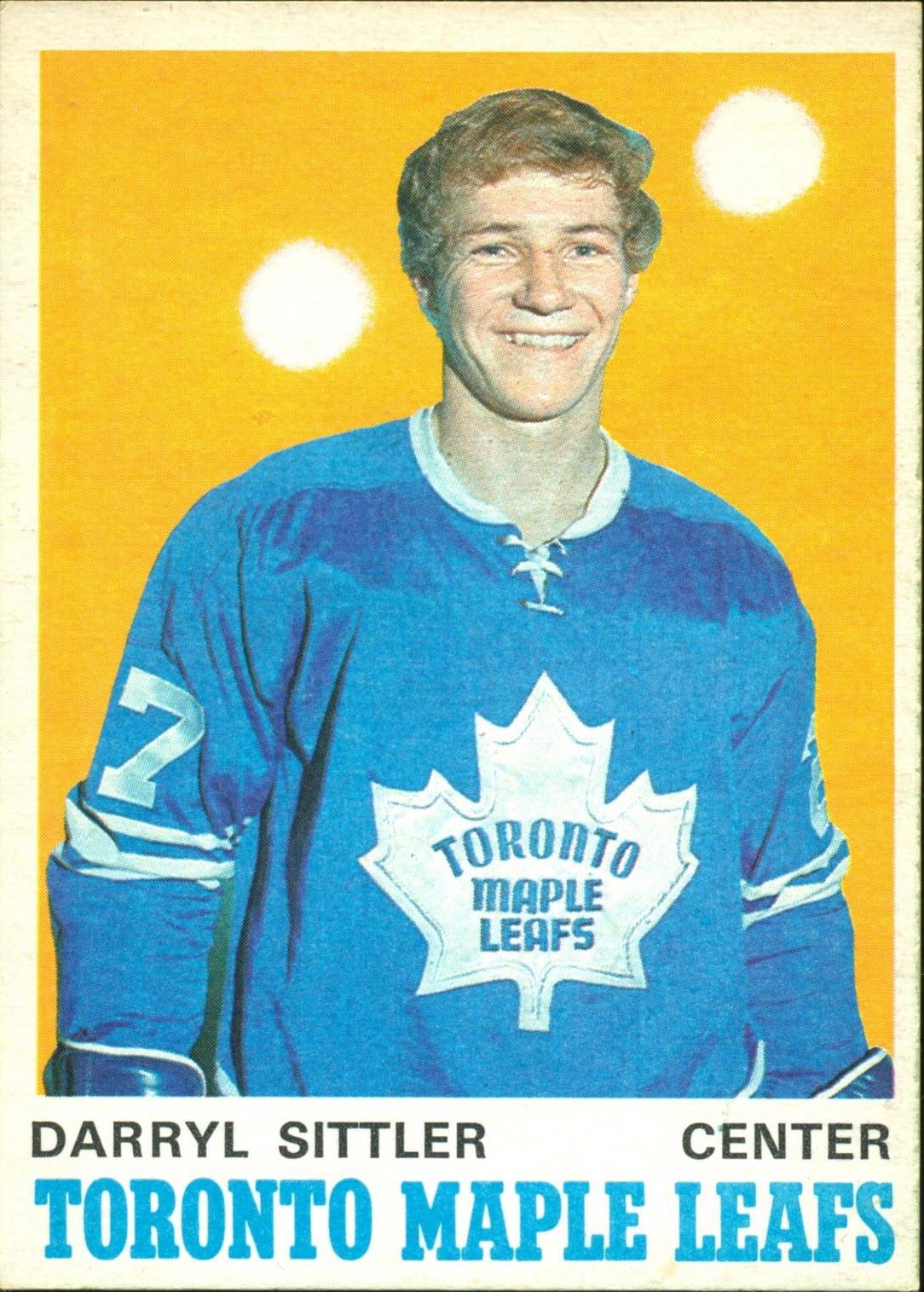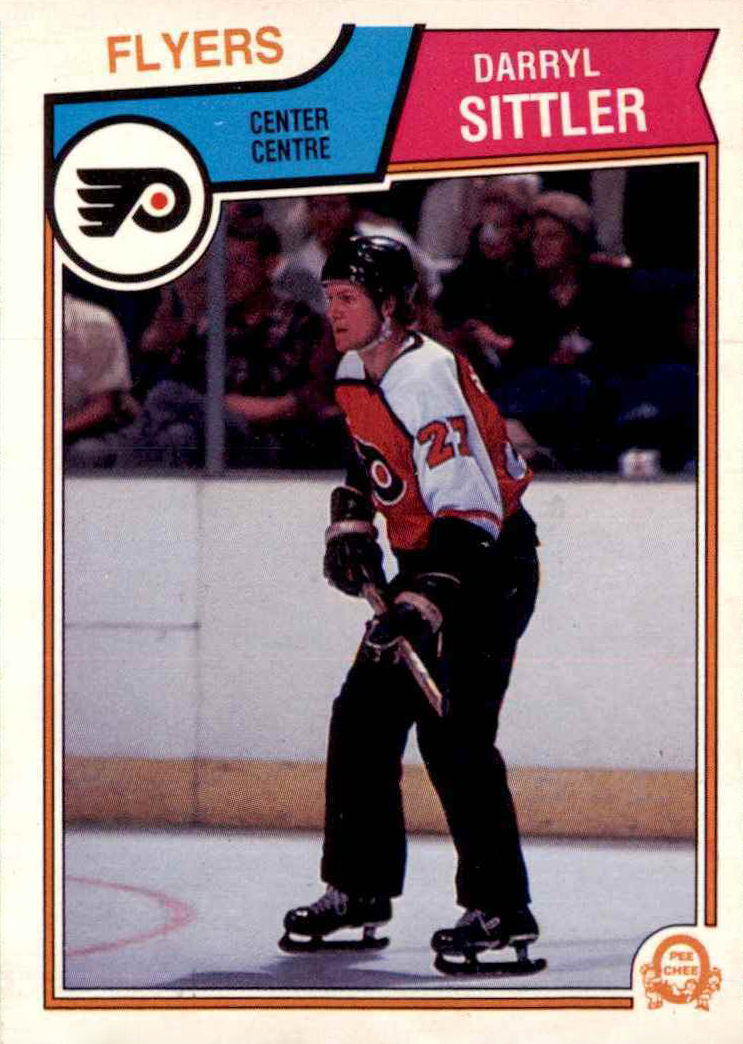In 2012-13, the
Detroit
Red Wings and Anaheim Ducks meet for the sixth time in the post
season. Detroit holds the edge, winning three of the previous five
showdowns. The Red Wings have been in the National Hockey League
since the 1926-27 season and have won the Stanley Cup championship on
eleven occasions. Anaheim entered the NHL as an expansion team for
the 1993-94 season. The Ducks have won Stanley Cup.
1996-97 – Western Conference
Semi-Finals
The Ducks (at the time the Mighty Ducks
of Anaheim) reached the post season for the first time in their young
NHL history. During the regular season, Anaheim finished second in
the Pacific Division with 85 points while the Red Wings placed second
in the Central with 92 points.
In the Western Conference
Quarter-Finals, Detroit took out the St. Louis Blues in six games
while Anaheim went the distance before beating the Phoenix Coyotes in
seven games. This, of course, set up the first showdown between the
Red Wings and Ducks.
Detroit swept Anaheim in four games.
The Red Wings then went on to beat the Colorado Avalanche four games
to two in the Conference Finals before sweeping the Philadelphia
Flyers to capture the Stanley Cup.
1998-99 – Western Conference
Quarter-Finals
Another Detroit and Anaheim matchup
resulting in another sweep. The teams met in the opening round after
the Red Wings finished first in the Central with 93 points and the
Ducks finished third in the Pacific with 83. After taking out the
Ducks, Detroit moved on to the Conference Semi-Finals, where they
lost to Colorado in six games.
2002-03 – Western Conference
Quarter-Finals
Yet another sweep. However this time
the Red Wings were on the losing end. Detroit finished atop the
Central Division with a healthy 110 points. Anaheim placed second in
the Pacific with 95.
Anaheim then followed up by upsetting
the Dallas Stars in the Western semi-final. Dallas was first overall
in the Conference during the regular season. In the conference final,
the Ducks swept the Minnesota Wild to earn their first ever
appearance at the Stanley Cup finals. Anaheim met up with the New
Jersey Devils and took the series to the seventh game before bowing
out.
2006-07 – Western Conference Finals
Detroit and Anaheim were the first and
second seeds in the Western Conference. Both plowed their way through
to the conference finals. Detroit beat the Calgary Flames then the
San
Jose Sharks, both in six games, to advance. Anaheim played two
less games than Detroit while beating both the Minnesota Wild
Anaheim took their second playoff
series in a row off the Red Wings, winning four games to two. The
Ducks again advanced to the Stanley Cup finals. This time, they were
victorious, beating the Ottawa Senators four games to one to capture
their first and only Stanley Cup championship.
2008-09 – Western Conference
Semi-Finals
Detroit was the second seed going into
the playoffs, recording 112 points during the regular season. Anaheim
squeaked into the eighth and final position with 91 points. In the
first round, the Ducks upset the first seed San Jose Sharks while the
Red Wings easily dispatched the Columbus Blue Jackets in a four game
sweep. For the Blue Jackets, it was their only playoff series to
date, since joining the league for the 2000-01 season.
The matchup in the conference
semi-finals between Anaheim and Detroit went the distance with the
Red Wings coming out on top four games to three. Detroit moved on to
beat the Chicago Blackhawks in five in the conference finals before
falling to the Pittsburgh Penguins 4-3 in the finals.
2012-13 – Western Conference
Quarter-Finals
Bruce
Boudreau had a chance to capture something that’s avoided him
since his pro hockey career started in 1975-76 with the Johnstown
Jets of the
North
American Hockey League – a championship. Boudreau had the
talent in front of him to win with the Washington Capitals but the
team came up short. Bruce was brought in to coach the Ducks in
2012-13 and the team was nothing but stellar during the regular
season.
Anaheim captured the second position in
the west. For the Red Wings, it went right down to the final game of
the season to determine if they were in or out. Detroit placed
seventh in the west, just one point ahead of ninth place Columbus.
Once again, Boudreau's team couldn't
compete in the Stanley Cup playoffs. The Red Wings won the set in
seven games. This was a tightly fought battle, to say the least.
Teams alternated wins, starting with Anaheim and ending with Detroit.
Four games needed overtime to decide a winner. In the final game,
Valtteri Filppula scored what turned out to be the winning goal in
the second period. Anaheim responded with a goal late in the third to
bring the score to 3-2 but the Red Wings prevailed.
Detroit moved on, only to fall to the
eventual Stanley Cup champion Chicago Blackhawks in the conference
semi-finals. That series went seven games, as well.
With Detroit moving to the Eastern
Conference, a rematch between the Ducks and Red Wings may be a long
time coming. Teams from opposing conferences can only meet in the
Stanley Cup finals.























